Governance Now 2024:
Imagine it Different
6 November 2024
- JOURNAL
- READ
As Chair of the Advisory Board for Collusion, I attended the GOVERNANCE NOW conference held at University of London Senate House, organised by Clore Leadership, on behalf of Cultural Governance Now with support from Arts Council England Transforming Governance programme and Green Park recruitment. The day covered presentations and breakout sessions where we could drill down into the current challenges, particularly over the past 5-6 years.
The keynotes confirmed that the responsibilities of trustees are growing as we drive inclusion, consider how AI can help administrative work and challenge the creatives; and face dwindling local government and philanthropic funding.
There’s a significant trend that senior leadership of arts organisations have shorter time retention, challenging the modes of long-range planning for Trustees. The leadership, inclusive of Trustees, need to reflect the creatives and work force of their organisations, or they will not be able to make change, in systemic shift, as well as increasing more equitable representation. There were suggestions of co-chairs, better training and supporting new Trustees, ways to embed new practice and support for their staff leadership through added pressures.
The tension over funding, risk registers, companies closing, and local governments shrinking their cultural budgets and officers means that the whole sector needs to consider their business models. Some of the creative industries have already begun to take on more entrepreneurial modes, while some other free-admission and socially-engaged practice or public art has challenge to survive without new forms of subsidy. As a chair of Collusion, currently developing a new business plan with our Advisory Board, I am fixated on what is our role?
I proposed and ran a roundtable How do Trustee roles adapt to the new need for finding alternative forms of revenue? We had a fabulous conversation in which everyone could speak and we all left feeling like there was more that’s possible.
We touched on:
- Analyse resources
- buildings / space income
- Merchandise
- Skills sets – look for those with talent for entrepreneurships
- Build business networks and consider the crowd-sourcing of the wealthy, as well as the creative and philanthropic sector
- Often there is too much resource spent for the ROI of small grants
- There’s a tension between ethnical / new revenue investment that needs to be addressed, often with staff.
- Add 1 young person every year – often the alumni of the program want to find ways to support with new ideas to raise profile and revenue potential
- Citizens assemblies – raise the profile amongst communities and that Value attracts funding / revenue
- Leave space to develop a theory of change and rethink how the finances will function, and how to celebrate the successes
- Diversifying income / take time – start on the model and know it will grow in stages
- Leveraging physical spaces to hire out to networks – generate a circular economy
- What IP may be able to raise money/ revenue?
- How to consider licensing (vs sales) as potential income generation.
- Understanding when it is beneficial to have a trading Ltd
- With training, more trustees are willing to ask for money if there is a diversity of approaches so that they can find their comfort levels (partnerships / rentals for hire / merchandise)
#ImagineItDifferent
Remember that the younger creatives are more open to entrepreneurial models, where there is more control in how money is raised (as well as to whom it is shared). Bring them into the Board of Trustees. Follow their lead.
